
Inspiration
AU
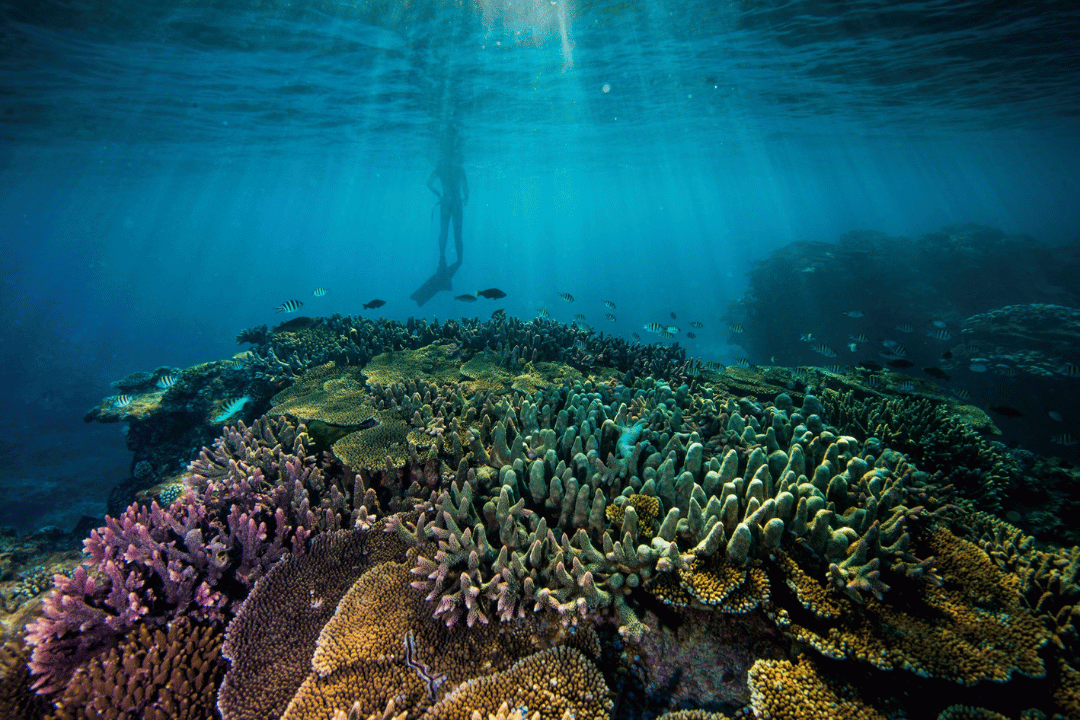
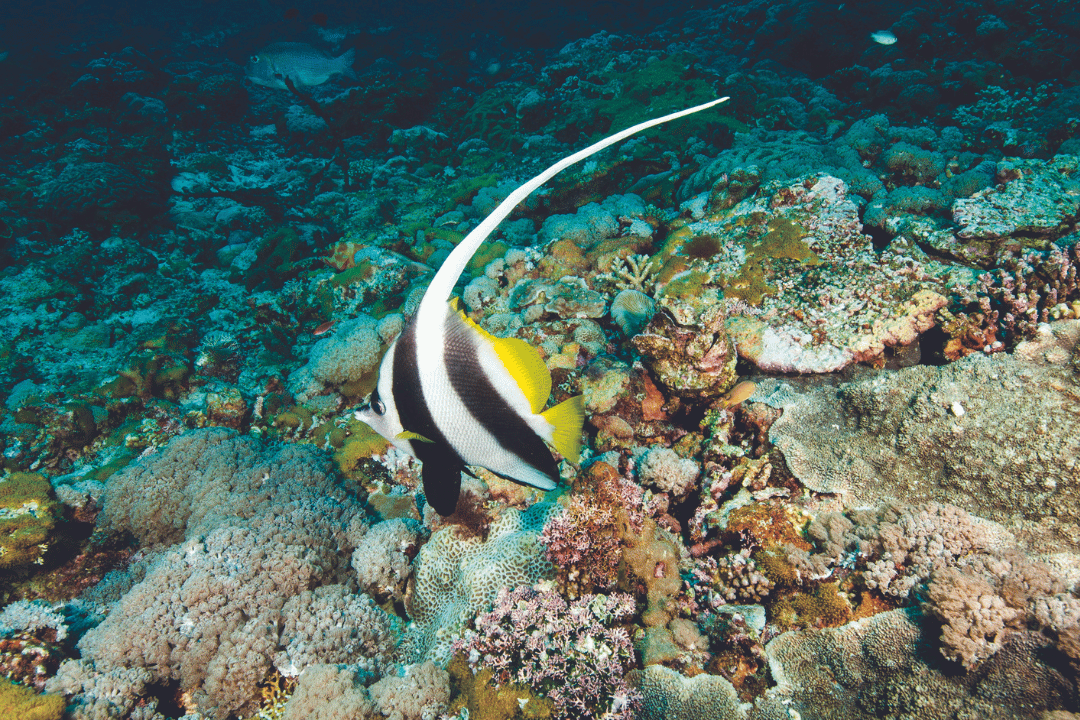
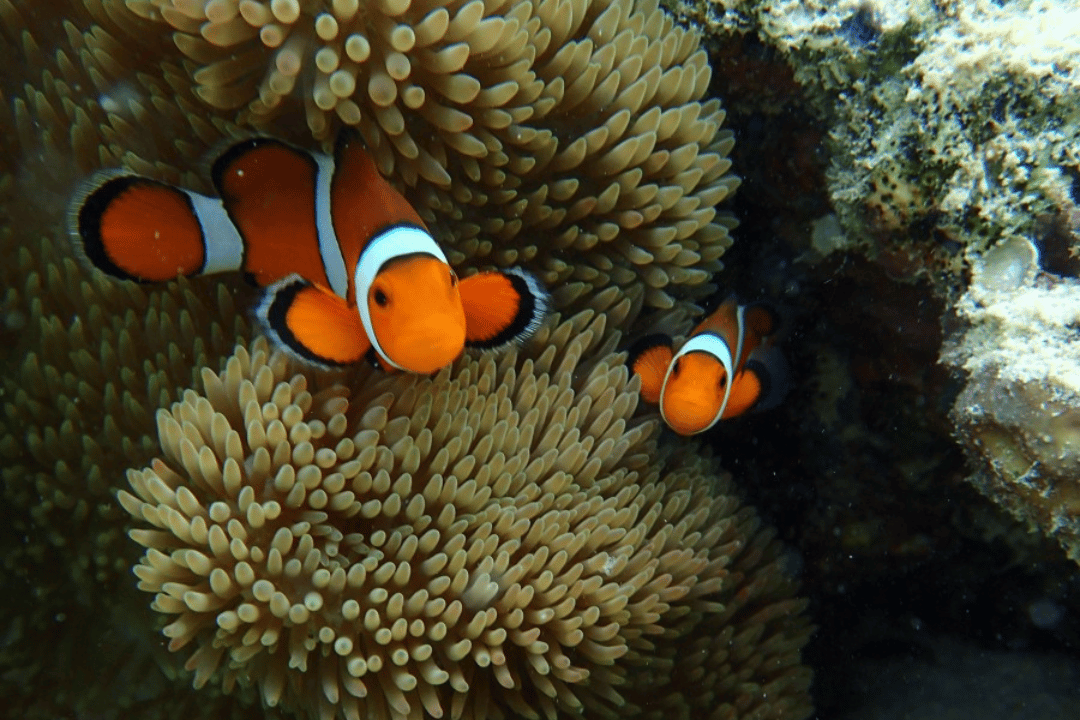
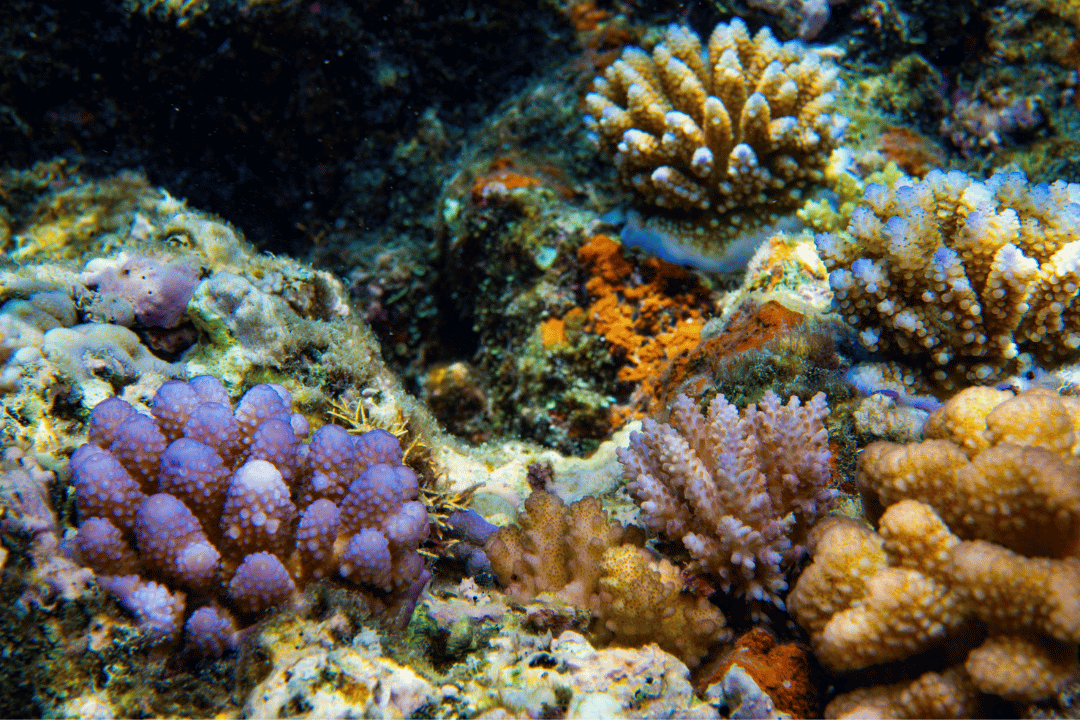
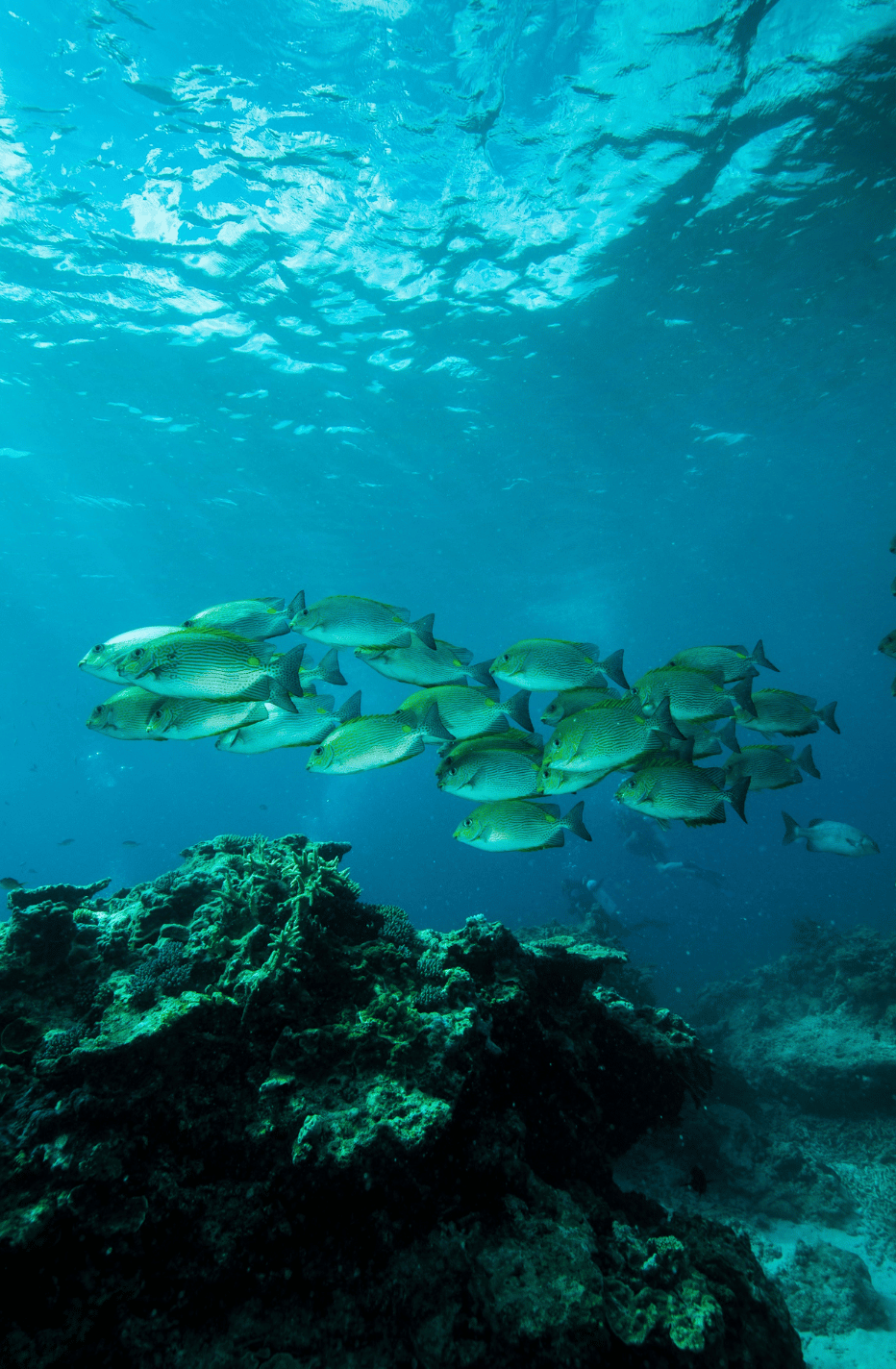
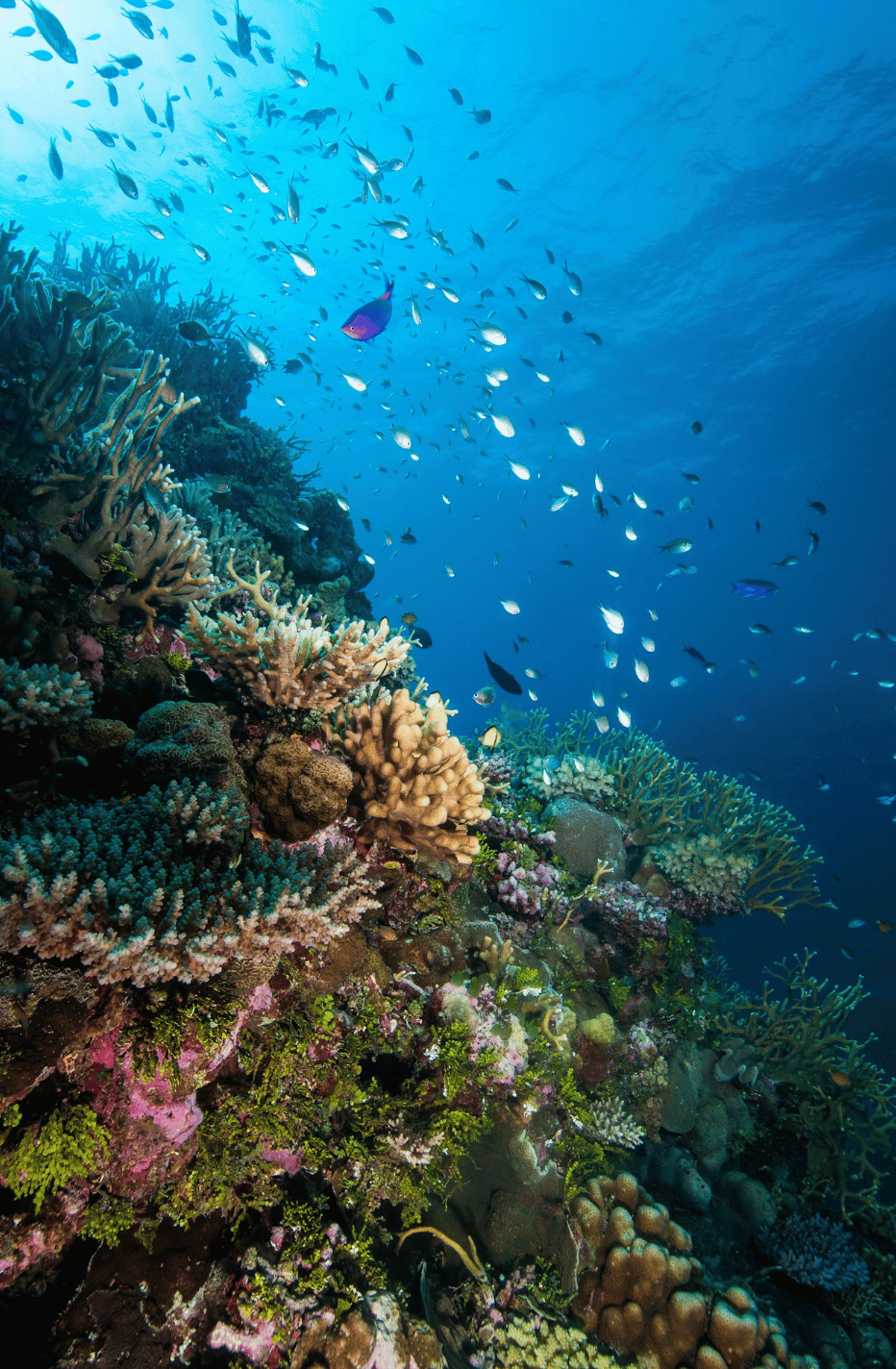

Inspiration

Inspiration
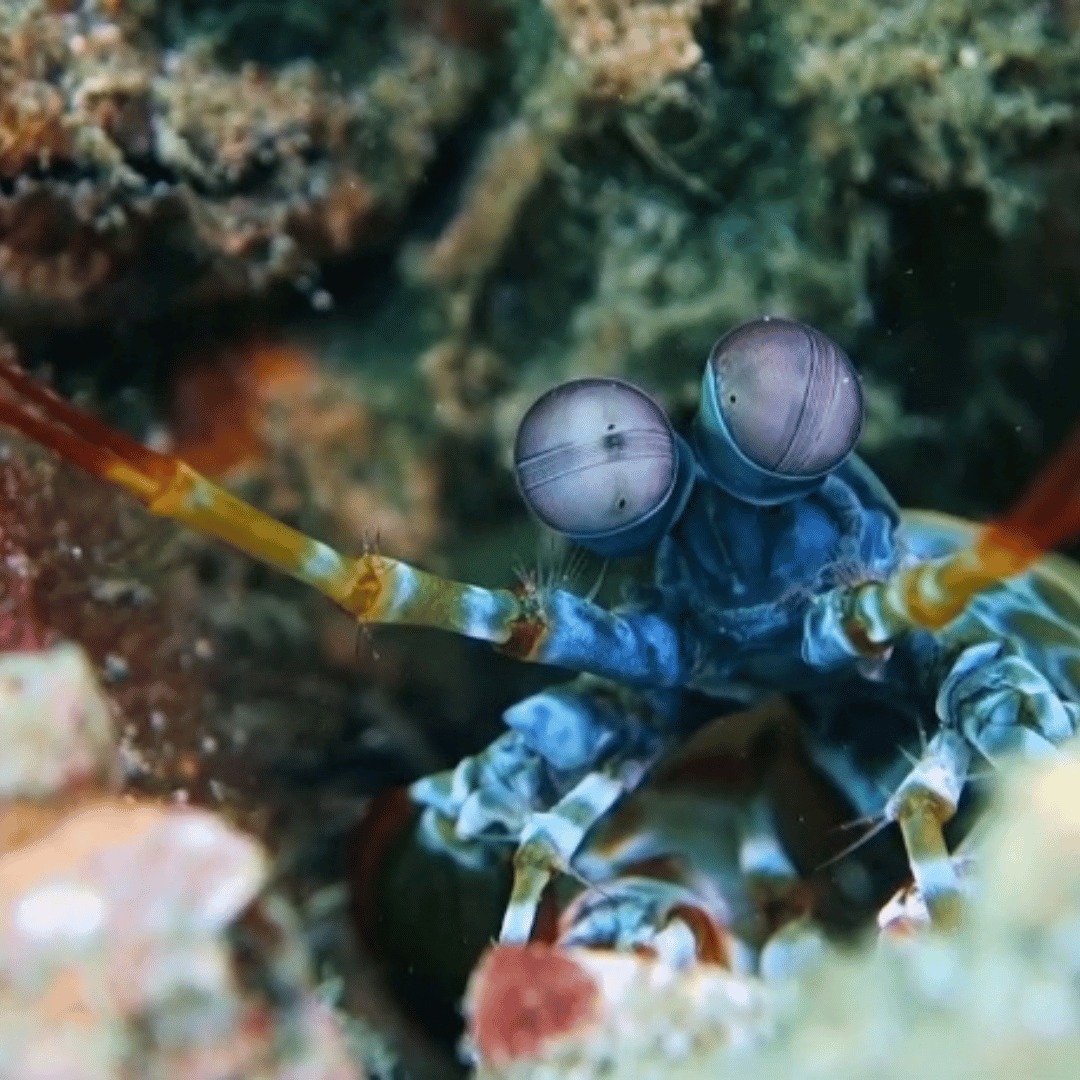
Inspiration
Looks like your bag is empty, start shopping here:
Terms & Conditions
*Terms & Conditions: Promo valid for a limited time, while stocks last. One Pen will be automatically added to cart when a product from the Keepsake Collection is added to cart. Promotion live from September 3rd until stocks last. Exclusively available on ecoya.com and ECOYA Commercial Bay, while stocks last.